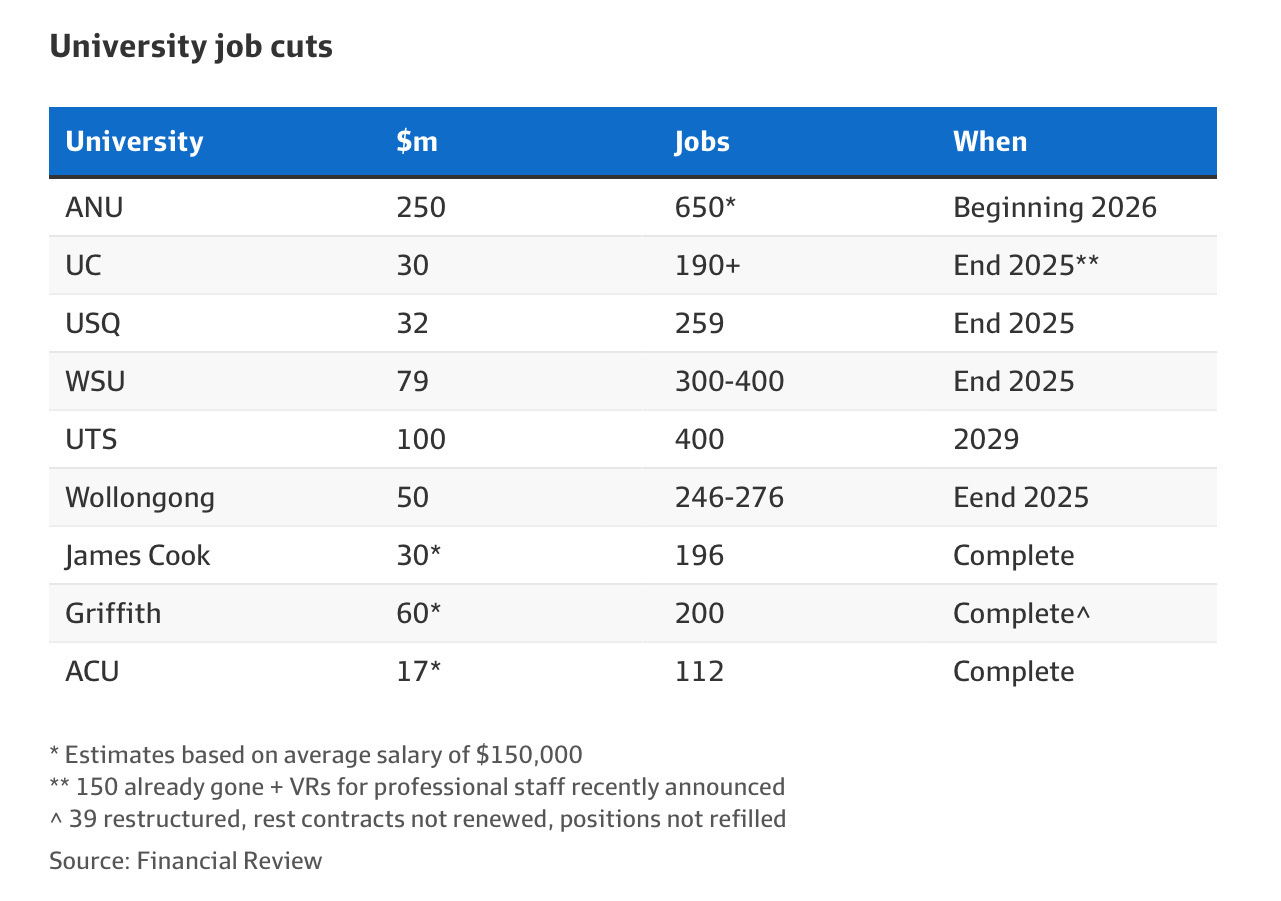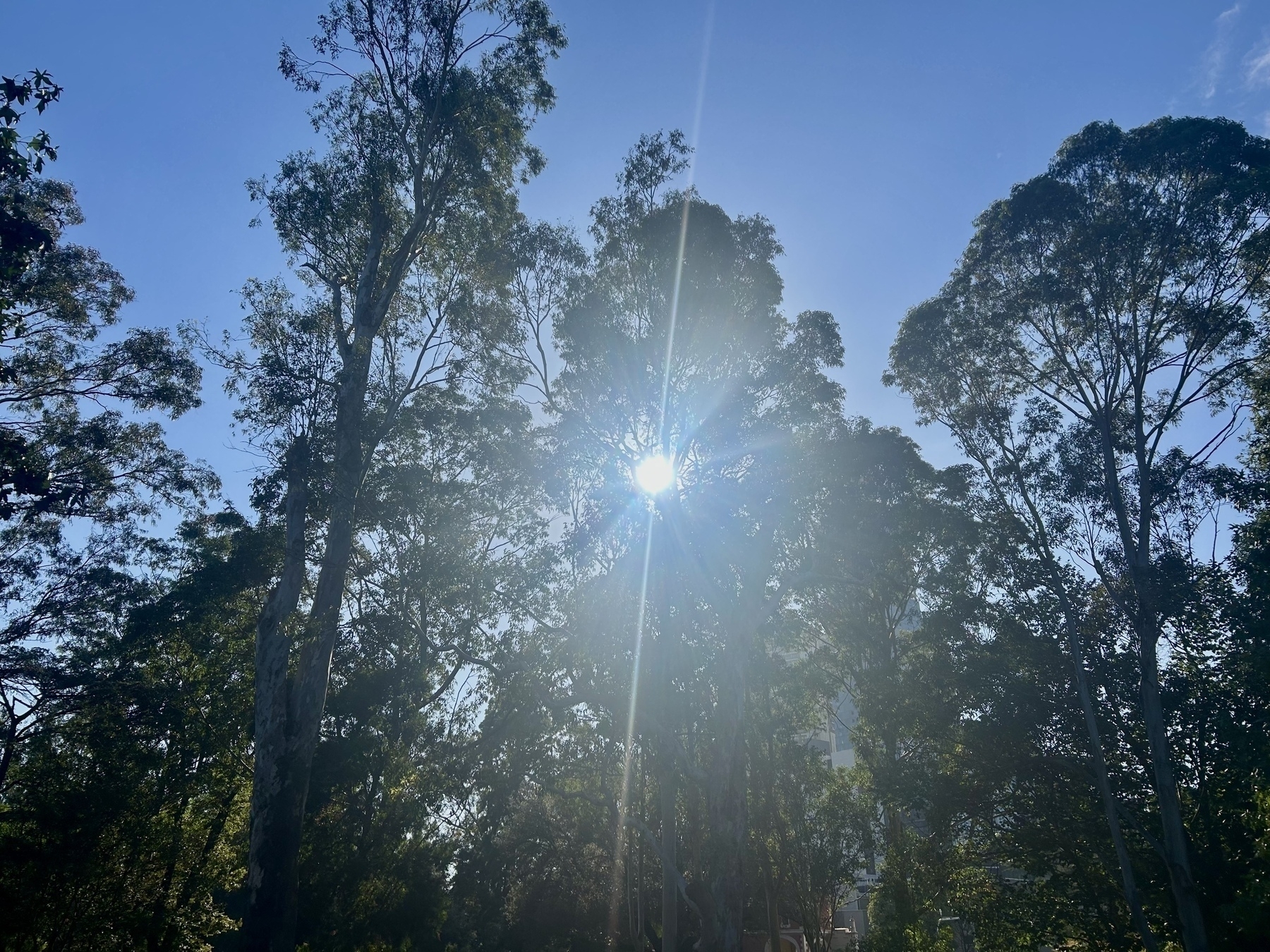Paper showing LLMs have a “tendency to extrapolate scientific results beyond the claims found in the material”
study is the first to systematically evaluate whether prominent LLMs, including ChatGPT, DeepSeek, and Claude, faithfully summarize scientific claims or exaggerate their scope. Our analysis of nearly 5000 LLM-generated science summaries revealed that most models produced broader generalizations of scientific results than the original texts—even when explicitly prompted for accuracy and across multiple tests. Notably, newer models exhibited significantly greater inaccuracies in generalization than earlier versions. These findings suggest a persistent generalization bias in many LLMs, i.e. a tendency to extrapolate scientific results beyond the claims found in the material that the models summarize
Despite the fawning coverage of Bluesky, it sounds an awful lot like old social media
Q: How do you plan to make money? A: Subscriptions are coming soon. The next steps are to look into what marketplaces can span these different applications. Other apps in the ecosystem are experimenting with sponsored posts and things like that. I think ads eventually, in some form, work their way in, but we’re not going to do ads the way traditional social apps did. We’ll let people experiment and see what comes out of it.
Bluesky Is Plotting a Total Takeover of the Social Internet - Wired
…how automation unfolds, who decides and benefits, and how implementation can truly advance innovation, productivity, and human flourishing
UBI proposals serve a deceptive function in labor automation discourse—the proposal is positioned by tech elites as a progressive solution while its function is to obscure key decisions being made by the powerful about technology and work. By portraying technological displacement as inevitable rather than socially determined, tech leaders’ championing of UBI serves to pigeonhole the state into a subsidy mechanism that absorbs the social costs of automation through redistribution and taxation, while still concentrating ownership over technology, production, and data. This arrangement sidesteps democratic engagement with technological change—questions of how automation unfolds, who decides and benefits, and how implementation can truly advance innovation, productivity, and human flourishing.
Beyond Redistribution: Rethinking UBI and the politics of automation - LPE Project
AI therapy is a surveillance machine in a police state
Chatbots, likewise, escalate the risks of typical online secret-sharing. Their conversational design can draw out private information in a format that can be more vivid and revealing — and, if exposed, embarrassing — than even something like a Google search. There’s no simple equivalent to a private iMessage or WhatsApp chat with a friend, which can be encrypted to make snooping harder. (Chatbot logs can use encryption, but especially on major platforms, this typically doesn’t hide what you’re doing from the company itself.) They’re built, for safety purposes, to sense when a user is discussing sensitive topics like suicide and sex.
AI therapy is a surveillance machine in a police state - The Verge
Beyond Redistribution: Rethinking UBI and the politics of automation
However, within the automation discourse, UBI proposals also function to smooth over, and thereby naturalize, human displacement. UBI exists within a techno-deterministic worldview that presents automation as an inevitable force rather than as the result of social and political choices. This framing obscures existing power dynamics by portraying technology as a neutral productivity enhancer and labor displacement as a mere externality. In this narrative, UBI merely serves as a compensatory mechanism for technological “progress” while labor-capital dynamics remain unchallenged. Human workers are relegated to merely advocating for redistribution from the “winners” of technological change rather than shaping technological development itself. Furthermore, it reifies who the “winners” and “losers” are, crediting one side for the innovations upon which the other side loses.
_ Beyond Redistribution: Rethinking UBI and the politics of automation_ - LPE
Parking at hospitals has been a disaster for my entire career but it’s getting worse and actively harms patients and their families/supporters.
As the authors point out, a consistent systemic approach has been totally absent. Why is hospital parking so expensive? Two economics researchers explain
What’s the carbon footprint of using ChatGPT?
Unless you’re an extreme power user, asking AI questions every day is still a rounding error on your total electricity footprint… The reason we often think that ChatGPT is an energy guzzler is because of the initial statement: it uses 10 times more energy than a Google search. Even if this is accurate, what’s missing is the context that a Google search uses a really tiny amount of energy. Even 10 times a really tiny number is still tiny.
Sadly this only explains part of the user experience.
University of Zürich researchers undertake an ethically shady experiment on a subreddit involving the use of A.I.-generated comments. Astonishingly this was approved the University of Zürich’s Institutional Ethics Review Board.
Welcome to the semantic apocalypse
A post about A.I., “Studio Ghibli” style and the draining of meaning.
More than 2,200 jobs being cut across Australian universities.
It was only a few years ago more that 17,000 were lost during COVID.

Beautiful work by Julian Fell and Simon Elvery with this visual storytelling:
Over five decades, here’s how voters have shifted away from the major parties - ABC
Fascinating Bandcanp Daily post on the pioneers of computer music via Bruce Sterling


